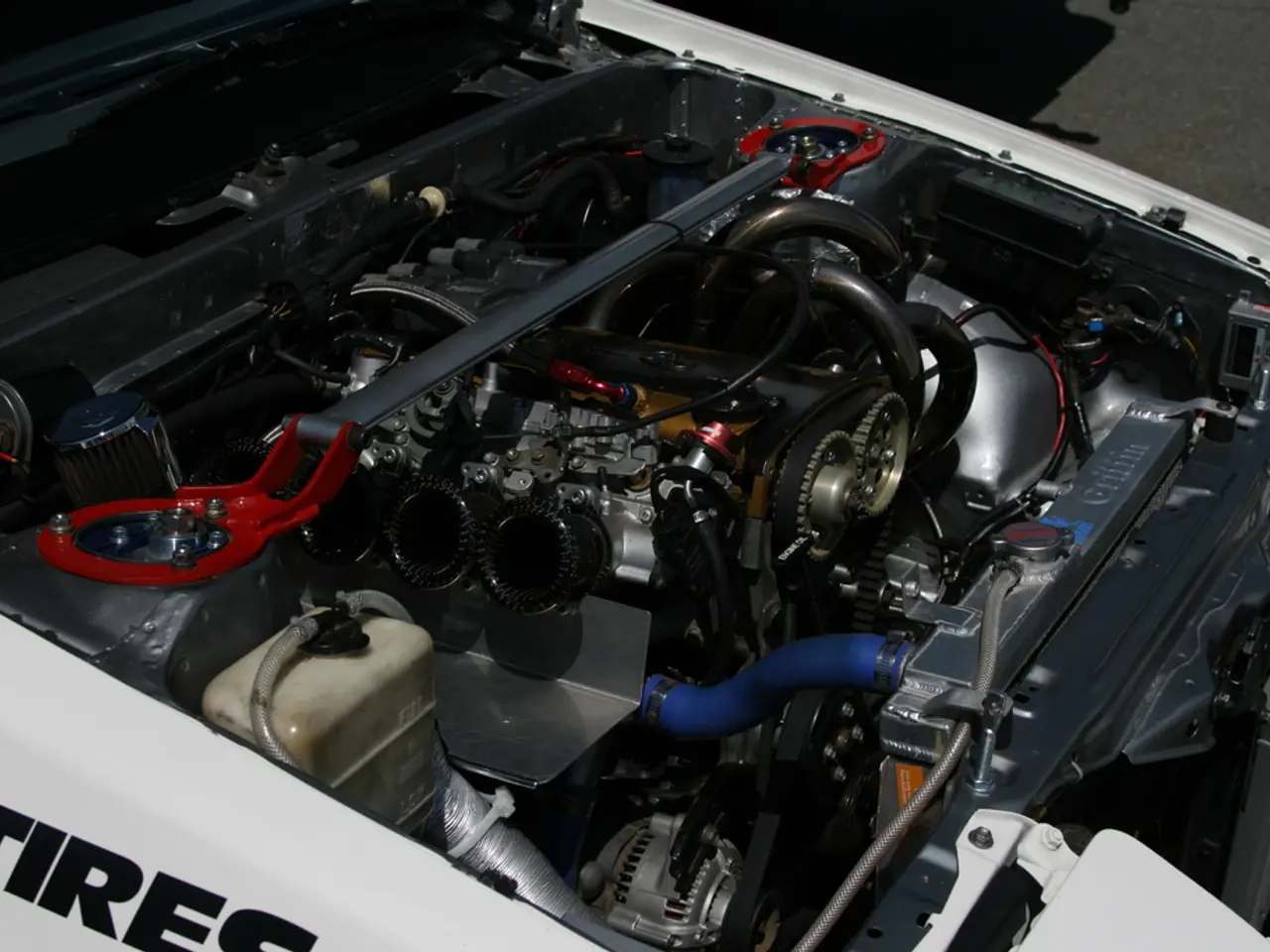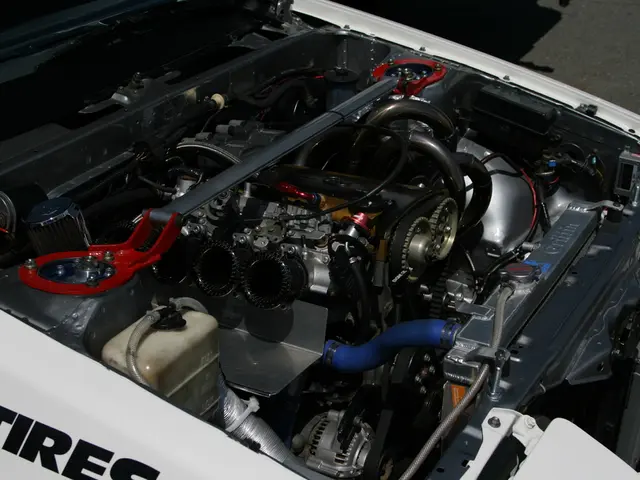Collaboration between Factorial and Mercedes-Benz in creating an extended-range electric vehicle battery
In a significant move for the electric vehicle (EV) industry, Factorial, a battery technology company launched out of Cornell University in 2013, has partnered with several major automotive players to develop its innovative Solstice battery.
According to a June 5 press release, Factorial has joint development agreements with Stellantis, Hyundai Motor Co., Kia Corp., Mercedes-Benz, and BMW. In 2021, Mercedes-Benz entered into this agreement, followed by Stellantis in 2022, who led a $200 million investment round in Factorial. Hyundai and BMW have also signed on to the collaboration.
The Solstice battery offers several advantages over current lithium-ion batteries. For instance, it can maintain stability at operating temperatures over 90°C (194 degrees Fahrenheit), reducing the need for extensive cooling systems. This level of thermal stability could potentially reduce costs for EVs.
One of the key features of the Solstice battery is its cathode material, which is manufactured using a novel dry coating process. This eliminates the need for hazardous solvents typically used in traditional battery production, making it potentially safer and more environmentally friendly.
Another significant aspect of the Solstice battery is its sulfide-based solid-state electrolyte. This design reduces the risk of thermal runaway and potential fires associated with more flammable liquid electrolyte battery designs.
Factorial CEO and co-founder Siyu Huang stated that the Solstice battery can be manufactured on existing lithium-ion battery production lines to facilitate quick scaling. This manufacturing process may allow for quick scaling, as it can potentially extend the range of EVs up to 80%, reaching around 600 miles.
Other companies, such as QuantumScape and Volkswagen, are also partnering to develop solid-state battery technology. Toyota Motor Corp. is also researching solid-state battery technology for its future EVs.
Factorial expects to make its battery technology available to other automotive OEMs and consumer electronics customers by the end of the decade. The first B-sample battery cells were delivered to Mercedes-Benz in June, marking a significant step towards this goal.
As the EV industry continues to grow, advancements in battery technology will play a crucial role in improving range, safety, and environmental impact. Factorial's Solstice battery could be a game-changer in this regard, offering a more efficient, safer, and potentially more cost-effective solution for the future of electric vehicles.
Read also:
- Global Content Dissemination Through Cross-Linguistic Voiceovers
- Indian Oil Corporation's Panipat Refinery secures India's inaugural ISCC CORSIA accreditation for Sustainable Aviation Fuel production
- Porsche Macan Accelerates into Second Generation of Electric Power
- Ford Bets on an Affordable Electric Pickup Revolution with a $30,000 Design







